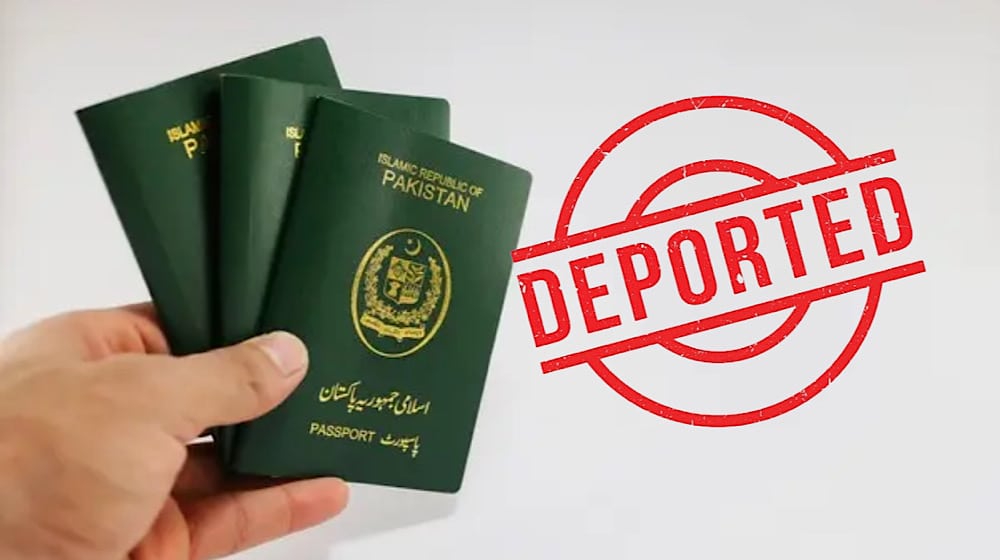Islamabad, Feb 20: At least 300 deportees, including Pakistani nationals, remain stranded in a Panama hotel, awaiting repatriation after being expelled from the United States under former President Donald Trump’s immigration crackdown, according to the Associated Press (AP).
While efforts to arrange their return continue, Panamanian authorities have restricted their movement, raising concerns among the detainees. Officials report that over 40 percent of the migrants are unwilling to return to their home countries voluntarily. Some have displayed messages in hotel windows, including pleas for help, expressing fears for their safety back home.
READ MORE: NADRA Denies Biometric Verification Problems
The group comprises migrants from ten predominantly Asian countries, including Pakistan, Iran, India, Nepal, Sri Lanka, Afghanistan, and China, AP noted. Due to logistical challenges in deporting individuals directly, the U.S. has been using Panama as a transit hub for migrants expelled under stricter immigration policies.
Panama’s Security Minister, Frank Abrego, stated that the deportees are being provided food and medical assistance under a migration agreement between Panama and the U.S. The agreement, reached during U.S. Secretary of State Marco Rubio’s visit earlier this month, allows Panama to serve as a transit point, with the U.S. covering all related costs.
Out of the 299 deportees, 171 have agreed to return home with assistance from the International Organization for Migration (IOM) and the UN Refugee Agency. Meanwhile, 128 individuals remain in discussions with UN agencies, seeking alternative destinations. One Irish national has already been successfully repatriated.
For those unwilling to return to their home countries, the Panamanian government plans to relocate them to a facility in Darien province, a well-known migration route for those traveling northward. As international agencies work to resolve the situation, the fate of dozens of stranded migrants remains uncertain, highlighting the complexity and humanitarian challenges of global migration policies.
